Digital advertisers need to seek a different partner

You don’t have to be a top marketing lead to know that advertising has gone through a fundamental shift over the past few years. Programmatic marketing and platforms such as Facebook and Google have upended a model long practiced by traditional advertising agencies, in which long-term contracts offered them near total control over brands’ media strategies and budgets.
Over the past decade, a new model has come to the fore.
The increasing accessibility of programmatic technology has seen more and more brands bring at least part of their marketing efforts in-house, with strong digital skills typically a requirement for new marketing hires.
It’s an exciting time for companies, with technology offering them never-seen-before control over their brand voice, data and marketing strategy, and one in which some traditional advertising agencies are struggling to remain relevant.
Times are changing, and so are the agencies that help brands deliver better marketing. Let’s take a look at what makes a great partner in 2019:
Agility and ability to adapt to new challenges
It goes without saying that this shift has brought about significant change in the relationships between advertisers and agencies. Tellingly, today’s partners are structured very differently from their more traditional counterparts. In the past, advertisers were well aware that the team pitching for a contract was unlikely to be the one executing the marketing campaign, because of the very structure of the agency: most often, an army of juniors shouldered by a handful of veterans.
Nowadays, media partners tend to be composed of smaller teams of experienced consultants with high skill levels and specific areas of expertise. These “boutique” agencies are not only digital-savvy, they’re also ideally positioned for greater flexibility and ability to adapt to and embrace disruptive new technologies.
Media expertise rather than buying power
Another reason traditional advertising agencies also tend to be larger in size is to guarantee buying power.
However, media buying is a whole different ball game in 2019. While back in the day advertising was all about marketers negotiating prices and making purchases direct, the advent of programmatic has made that person-to-person model a thing of the past.
The traditional buying process was time-consuming and ultimately very expensive for the advertiser. Programmatic buying, on the other hand, uses algorithms to collect and interpret data and make decisions about who will see the ad and on what platforms. It’s not only more cost-effective, it also enables brands to tailor specific messages to specific audiences, resulting in efficiently-targeted campaigns with highly-measurable results.
The shift to programmatic is great news for both advertisers and their partners. With algorithms now able to take over the grunt work of buying, partners are able to focus on providing strategic expertise as well as connections to publishers and lines of communications not yet open to advertisers.
An integrated team rather than information silos
All these technological shifts mean that companies are understandably no longer quite so happy to completely hand over the reins when it comes to their advertising, and are demanding more transparency and control as part of an increasingly proactive general approach.
With the sheer amount of data processed day-by-day growing exponentially, information silos are becoming a huge issue across multiple industries. And ad agencies tend to be just as guilty as the rest. Search, display, creative and tech data is often divided amongst different departments (and sometimes even locations). The enforcement of the General Data Protection Regulation (GDPR) in 2018 added an extra layer of complexity to the question, with businesses now highly accountable for how they manage their data and what they do with it.
Breaking down data silos and ensuring easy movement of information is essential to ensuring effective marketing campaigns as well as regulatory compliance. At the same time, data portability enables companies to integrate first and third party data and leverage intelligence gleaned from different marketing platforms. By their very structure, strategic media partners with smaller, digital-savvy and integrated teams are ideally positioned to enable sharing of information and data portability.
A helping hand rather than complete control
According to a 2018 report, more and more companies are taking advertising into their own hands, with nearly half of all European companies now boasting their own in-house marketing team.
The advantages of this are numerous: it makes brands more dynamic and responsive, not to mention the fact that in-house marketing tends to be far more cost-effective than outsourcing.
While some companies decide to bring their entire marketing strategy in-house, others restrict themselves to specific areas, such as media buying. But whatever the chosen approach, actually making that transition is easier said than done.
“In-housing” is a hefty task, one that involves not only setting up a full programmatic tech stack but also recruiting highly-qualified staff and ensuring data security. As always, key considerations have to be made when it comes to purchasing and implementing new tech. While brands are enthusiastic about the idea of gaining control of their digital marketing, many are in need of assistance in order to choose the system that’s right for them.
Modern day media partners are not interested in defining and implementing companies’ marketing strategies for them. Rather, they help advertisers to evaluate their current set-up, identify current best practices and determine the next steps to take. Instead of taking the responsibility out of companies’ hands, they work with them to co-design a personalised marketing approach that’s grounded in industry expertise and tech know-how. The ultimate aim is to help advertisers get the best possible results by providing them with a system are comfortable with and have control over.
So what kind of partner will help you take your marketing to the next level? While that obviously depends to a certain extent on your particular situation, use cases and existing set-up, one thing is for sure: by partnering with a tech-savvy, highly-skilled and flexible team that’s prepared to work closely with you towards your chosen objectives, you can’t go far wrong.
Source: The Drum, Robert Webster, Founder Canton


